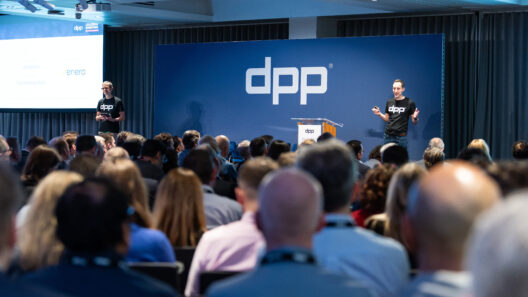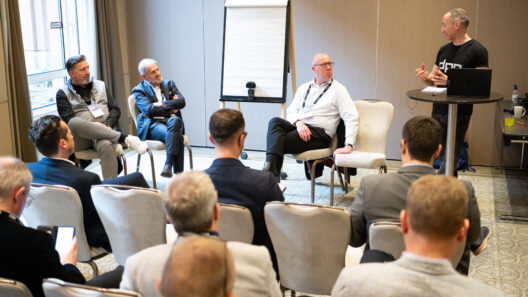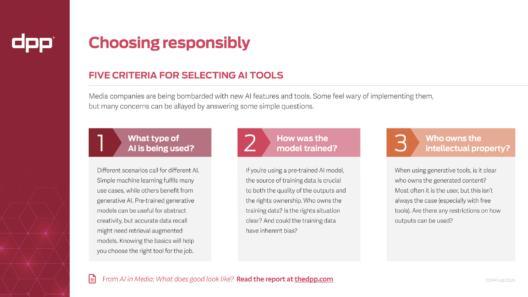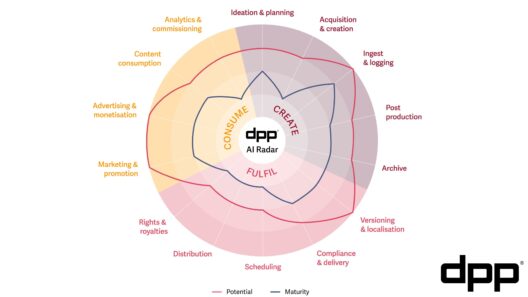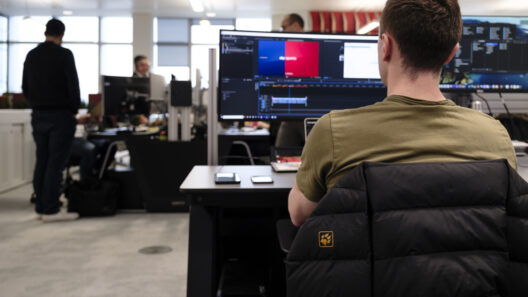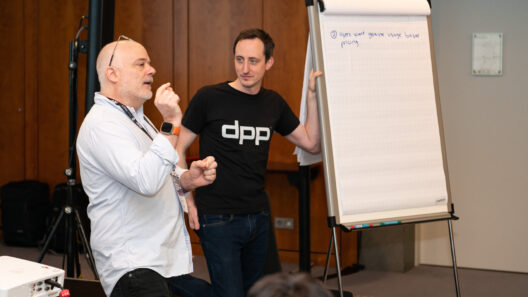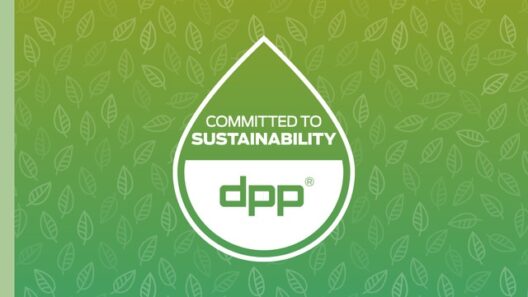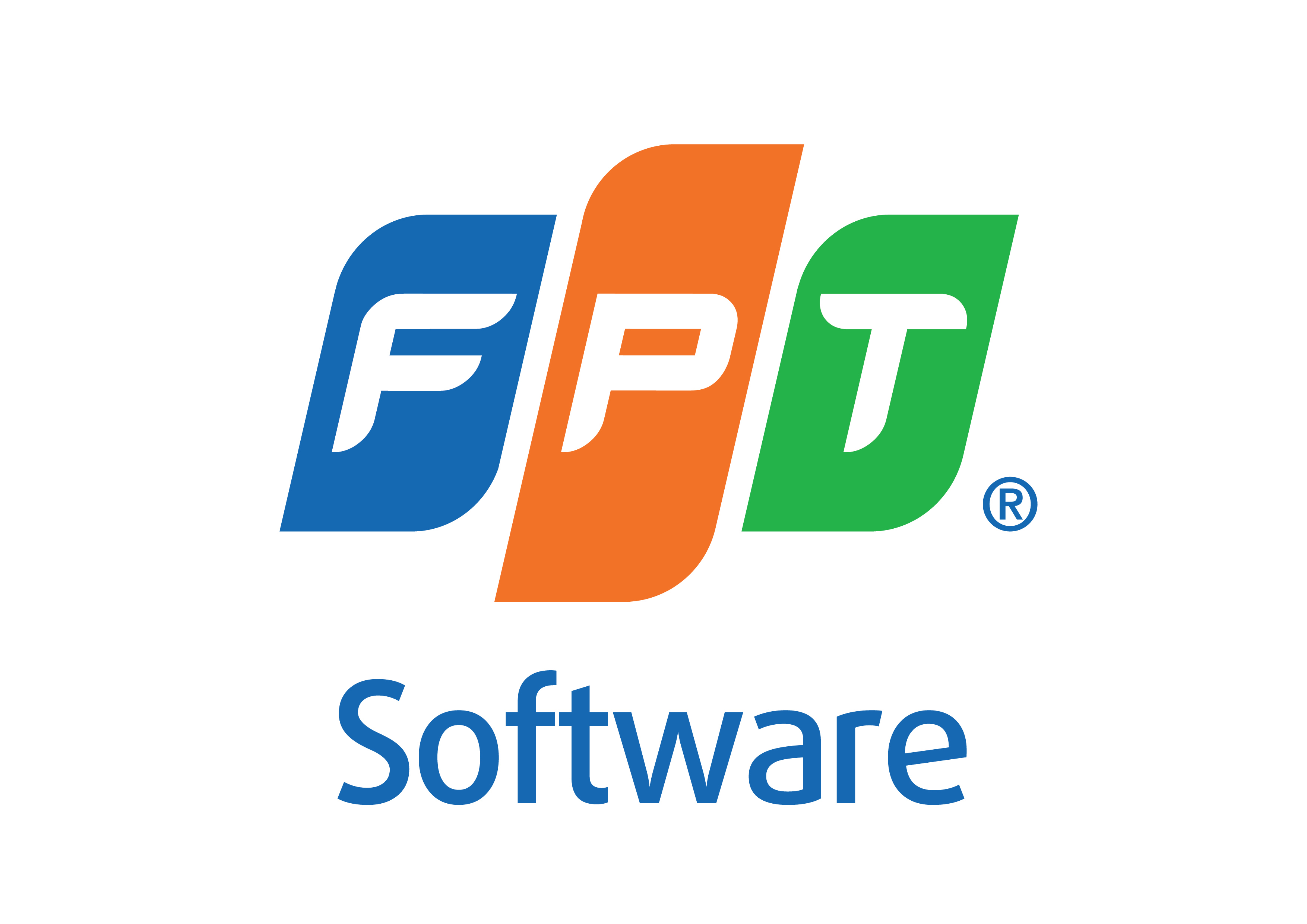
Automation in the localisation process will optimise speed and efficiency in the supply chain, augmenting human expertise with technology innovation to enable content providers to quickly and accurately localise more content for different markets and languages.
That’s according to SDVI Chief Marketing Officer Geoff Stedman, who was discussing The Future of Localisation with DPP CTO Rowan de Pomerai and DPP Editorial Director Edward Qualtrough during the April 2023 episode of the DPP podcast.
The DPP's Future of Localisation report explored challenges and innovations in content localisation, and investigated whether emerging technologies are pushing the media industry to the brink of an automated localisation revolution.
Download The Future of Localisation
For SDVI’s Stedman there is a significant opportunity to bring more opportunity into the localisation process. But there will always be a requirement for human expertise.
"While there is a creative element to the localisation process, there is a desire to try to automate and make that process more efficient," Geoff says. "And when we say automate, we don't mean replacing the human activity, but augmenting it - or making it more efficient, making it perhaps more guided or more assisted.
"And so when we think about the way automation can play a role in the localisation process, it's really about: how do we help the elements of localisation that need to be done by a human - how do we help them happen faster?"
"Automating the supply chain and integrating the manual and the automated tasks together as part of a supply chain is really about trying to improve content throughput."
Geoff Stedman, SDVI Chief Marketing Officer
While researching the work, the DPP found that organisations overwhelmingly wanted technology innovations to make localisation faster or better, rather than cheaper.
Stedman says this reflects the current needs of the market, which at the moment means doing more better - rather than trying to cut costs.
"Of course we want to enable our customers to do better quality work at lower cost, but at the end of the day automating the supply chain and integrating the manual and the automated tasks together as part of a supply chain is really about trying to improve content throughput. Push more content through the system for a given amount of resources."
One of the questions posed to contributors by Rowan, the report author, was the extent to which the localisation industry is on the brink of a fully automated revolution?
And for Stedman, while the pace of innovation has been impressive the cultural intonations and inflections required will always need an expert’s creative input.
"While there's a lot of interest and expectation and even anticipation for what automated tools are going to be able to do - today they're not fully ready for prime time, and they may never be because there is an element of creativity that comes into making content culturally relevant," he says.
DPP members can download The Future of Localisation here.
Get involved
To find out more or to get involved with this work, please contact:
If your company is not a DPP member, you can learn more about the benefits of membership, or contact Michelle to discuss joining.
If your company is not a DPP member, you can learn more about the benefits of membership, or contact Michelle to discuss joining.
